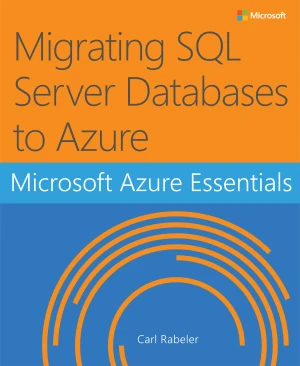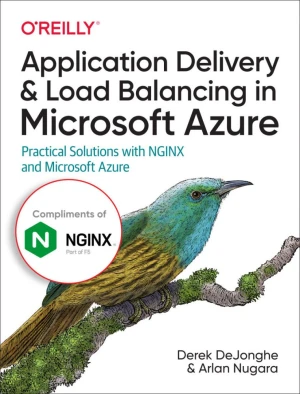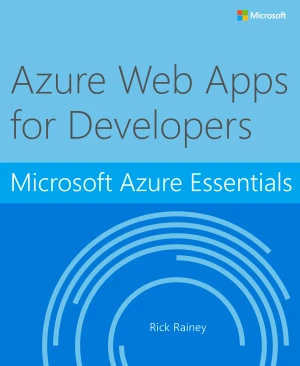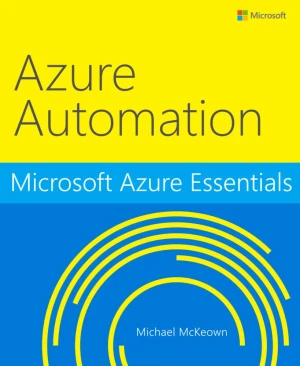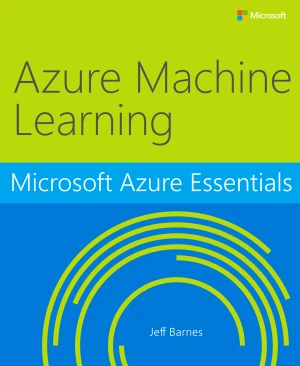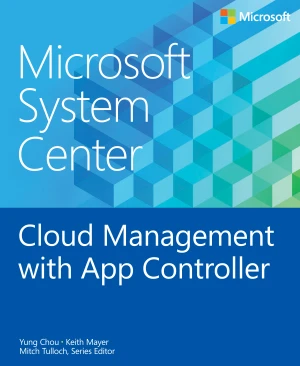Fundamentals of Azure, 2nd Edition
Microsoft Azure Essentials
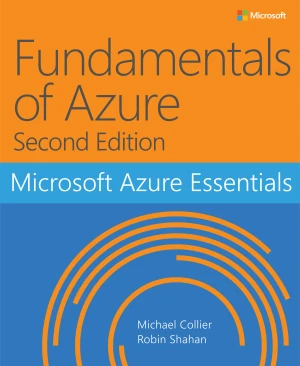
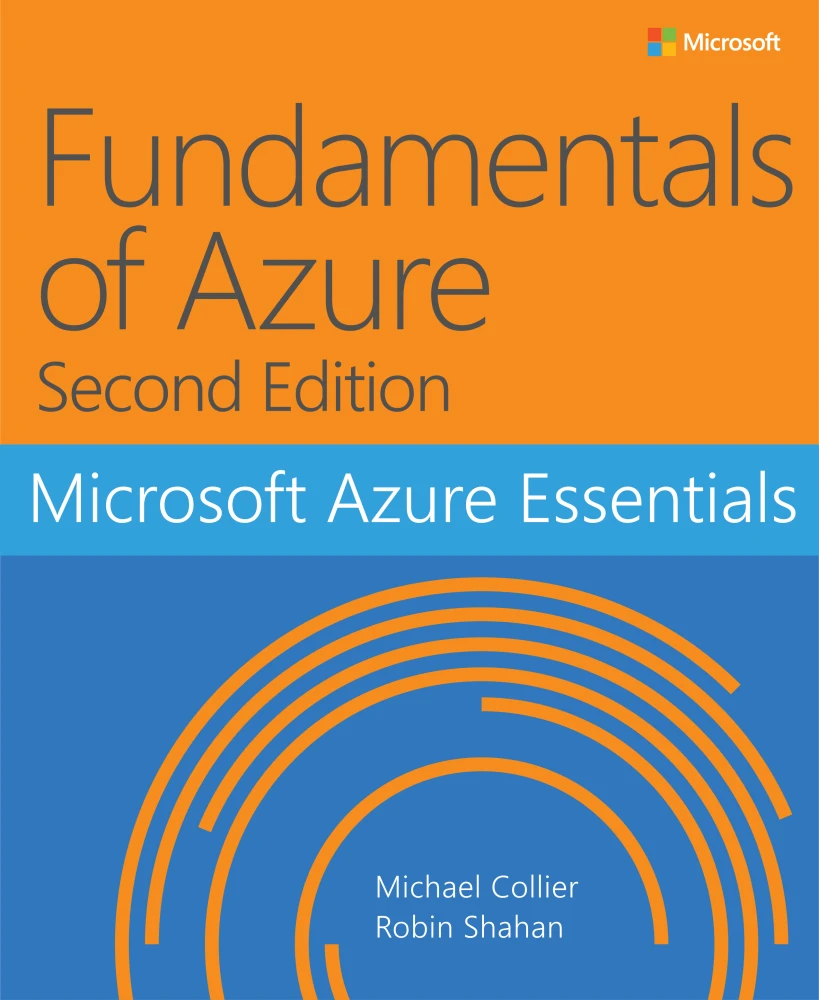
Book Details
| Authors | Michael Collier, Robin Shahan |
| Publisher | Microsoft Press |
| Published | 2016 |
| Edition | 2nd |
| Paperback | 263 pages |
| Language | English |
| ISBN-13 | 9781509302963 |
| ISBN-10 | 1509302964 |
| License | Open Access |
Book Description
Microsoft Azure is Microsoft's cloud computing platform, providing a wide variety of services you can use without purchasing and provisioning your own hardware. Azure enables the rapid development of solutions and provides the resources to accomplish tasks that may not be feasible in an on-premises environment. Azure's compute, storage, network, and application services allow you to focus on building great solutions without the need to worry about how the physical infrastructure is assembled.
This book covers the fundamentals of Azure you need to start developing solutions right away. It concentrates on the features of the Azure platform that you are most likely to need to know rather than on every feature and service available on the platform. This book also provides several walkthroughs you can follow to learn how to create VMs and virtual networks, websites and storage accounts, and so on. In many cases, real-world tips are included to help you get the most out of your Azure experience.
In addition to its coverage of core Azure services, the book discusses common tools useful in creating and managing Azure-based solutions. The book wraps up by providing details on a few common business scenarios where Azure can provide compelling and valuable solutions, as well as a chapter providing overviews of some of the commonly used services not covered in the book.
This book is published as open-access, which means it is freely available to read, download, and share without restrictions.
If you enjoyed the book and would like to support the author, you can purchase a printed copy (hardcover or paperback) from official retailers.
Download and Read Links
Share this Book
[localhost]# find . -name "*Similar_Books*"
Migrating SQL Server Databases to Azure
SQL Server is Microsoft's relational database management system (RDBMS). SQL Server can now be hosted entirely in Microsoft Azure, either in a hosted virtual machine (VM) or as a hosted service. Hosting a virtual machine in Azure is known as infrastructure as a service (IaaS), and hosting a service in Azure is known as platform as a service (PaaS).
Application Delivery and Load Balancing in Microsoft Azure
With more and more companies moving on-premises applications to the cloud, software and cloud solution architects alike are busy investigating ways to improve load balancing, performance, security, and high availability for workloads. This practical book describes Microsoft Azure's load balancing options and explains how NGINX can contribute to a c
Azure Web Apps for Developers
Azure Web Apps is a fully managed platform that you can use to build mission-critical web applications that are highly available, secure, and scalable to global proportions. Combined with first-class tooling from Visual Studio and the Microsoft Azure Tools, the Azure Web Apps service is the fastest way to get your web application to production. Azu
Azure Automation
This ebook introduces a fairly new feature of Microsoft Azure called Azure Automation. Using a highly scalable workflow execution environment, Azure Automation allows you to orchestrate frequent deployment and life cycle management tasks using runbooks based on Windows PowerShell Workflow functionality. These runbooks are stored in and backed up by
Azure Machine Learning
This third ebook in the series introduces Microsoft Azure Machine Learning, a service that a developer can use to build predictive analytics models (using training datasets from a variety of data sources) and then easily deploy those models for consumption as cloud web services. The ebook presents an overview of modern data science theory and princ
Cloud Management with App Controller
Microsoft System Center 2012 R2 App Controller is uniquely positioned as both an enabler and a self-service vehicle for connecting clouds and implementing the hybrid computing model. In Microsoft's cloud computing solutions, both System Center and Windows Azure play critical roles. System Center can be used to transform enterprise IT from a device-

